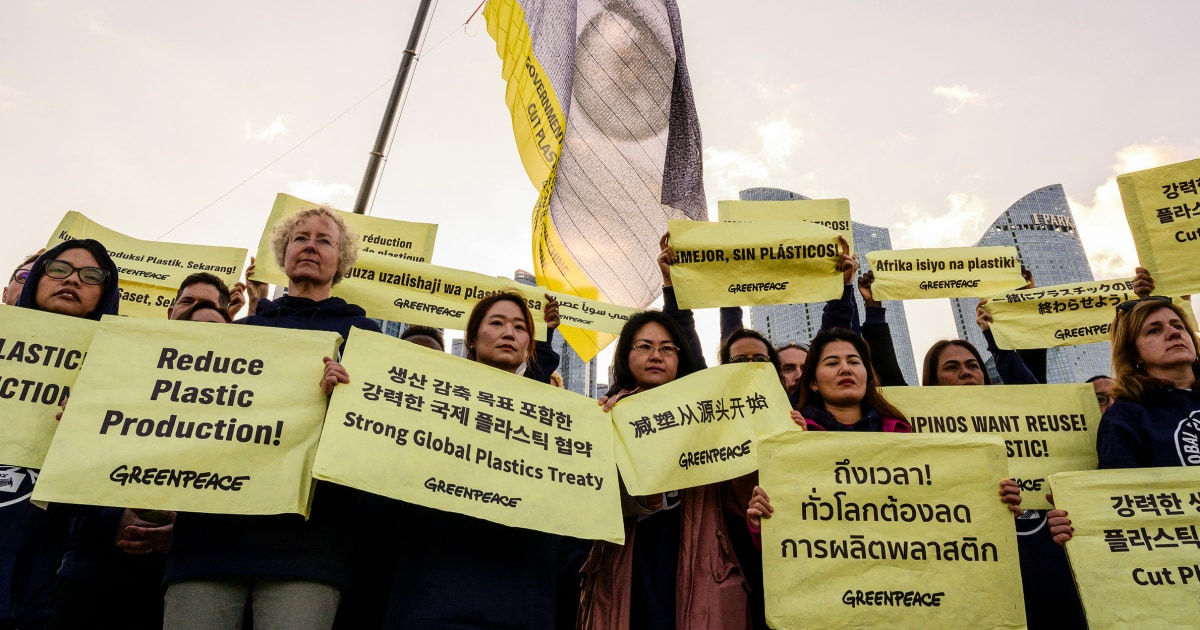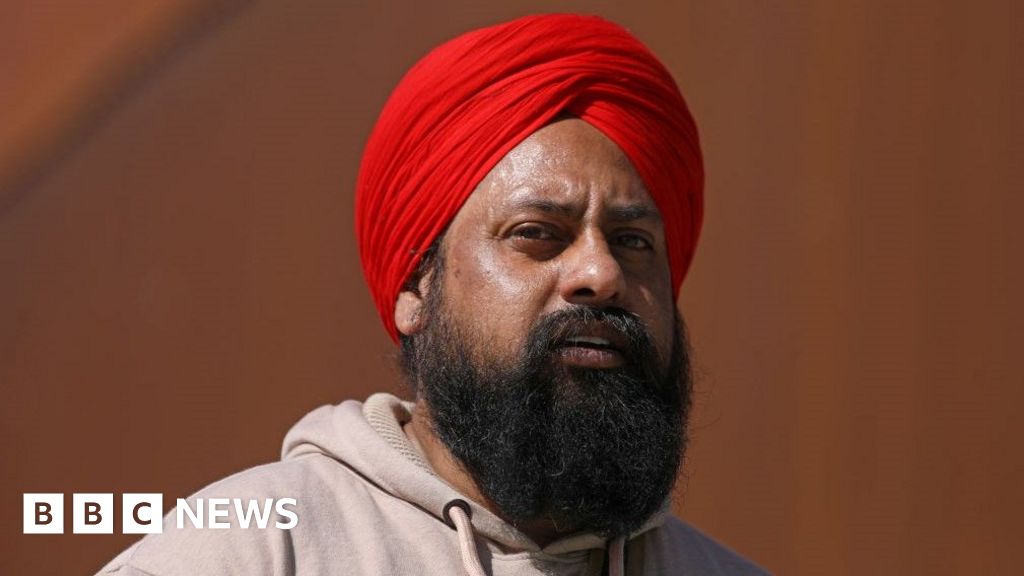World
Biden convening national security team as tensions flare between Israel and Iran
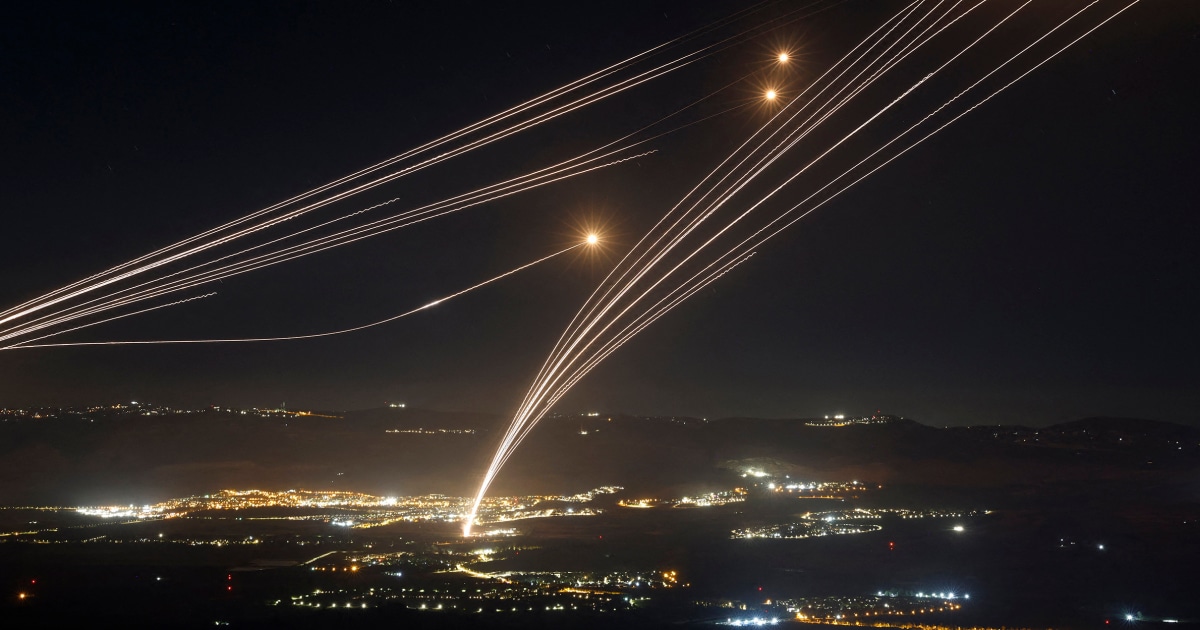
Israel was bracing Monday for Iran to retaliate against it for the assassinations of Hamas and Hezbollah leaders while President Joe Biden was convening his national security team to discuss ways to prevent the 10-month siege of the Gaza Strip from exploding into a wider Middle East war.
Earlier in the day, Secretary of State Antony Blinken spoke with Qatari Prime Minister Sheikh Mohammed bin Abdulrahman Al Thani and Egyptian Foreign Minister Badr Abdelatty about the need to lower the temperature in the region, State Department spokesman Matt Miller said.
“We’re at a critical moment for the region,” Miller said. “And it’s important that all parties take steps over the coming days to refrain from escalation and calm tensions. Escalation is in no one’s interest.”
The Israeli military issued a statement Monday following comments made by former President Donald Trump on a livestream from Mar-a-Lago, his home in Florida, with gamer Adin Ross, in which he said Israel’s “going to be attacked tonight.”
“Given the publications in the last hour and the questions they raise, it’s important to clarify — there is no change in the Home Front Command’s guidelines,” the IDF said in a statement. “We are keeping our finger on the pulse all the time, and if there is any change, we will update you immediately.”
The U.S., the United Kingdom, Australia, France, Canada, South Korea, Saudi Arabia, Japan, Turkey, Jordan and other countries have already urged their citizens to leave Lebanon as soon as possible.
Meanwhile, United and Delta airlines and major European-based carriers like Lufthansa, ITA Airway and LOT Polish airlines have canceled numerous flights into Lebanon and Israel amid fears of a widening conflict, Israeli media reported.
And Monday, an NBC News crew reported two sonic booms over the Lebanese capital, Beirut, although it was unclear where the sounds came from.
The frightening development came after the Israeli military said it had struck a “terrorist cell operating a drone” in southern Lebanon after “numerous projectiles” were fired at northern Israel.
In the Gaza Strip, health officials said more than 70 people had been killed in Israeli strikes over the weekend, bringing the total dead from a war that is now in its 10th month to almost 40,000 people.
Over the weekend, a senior Israeli official told NBC News that the country was already preparing for a potential multiday attack by Iran and Hezbollah as payback for the assassination of Hamas political leader Ismail Haniyeh and Fuad Shukr, a senior leader with the Tehran-backed Hezbollah militant group.
The Iranian Foreign Affairs Ministry fueled more concerns Monday when a spokesperson said at a news conference that “no one can weaken our determination to punish the aggressor” behind the killing of Haniyeh.
Haniyeh was killed Wednesday in Tehran after he attended the inauguration ceremony for Masoud Pezeshkian, the country’s new president.
Israel “must be held accountable for this crime,” the spokesperson said.
Israel has not admitted assassinating Haniyeh, although officials from the country have praised the killing. It came a day after Shukr, a senior Hezbollah leader, died in an Israel airstrike on Beirut.
The Israel military blamed Shukr for an attack in the Israeli-controlled Golan Heights that killed 12 children, saying there was no price too high for the “blood of our people.”
Hezbollah has denied responsibility for that attack. But it began a near-daily barrage of missile and rocket strikes over Israel’s southern border in solidarity with Hamas the day after the Oct. 7 terrorist attack on Israel, which killed 1,200 and led to around 240 people being taken hostage.
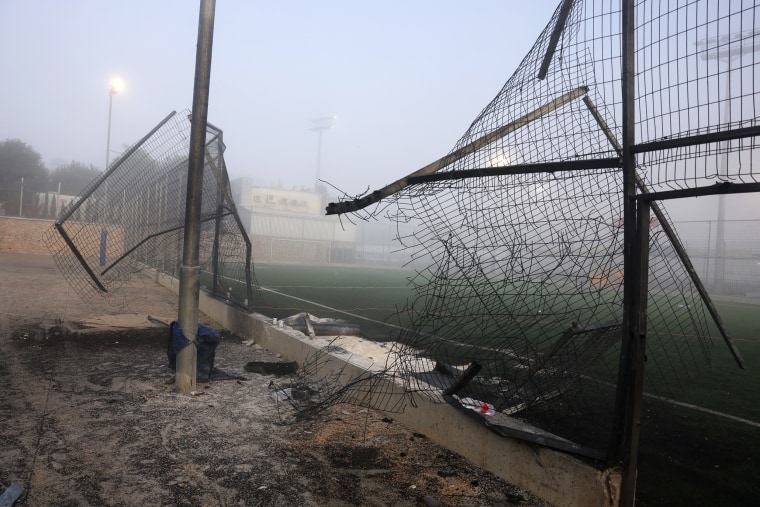
The Israelis believe any retaliatory attacks are likely to be launched by high-level members of the so-called “axis of resistance” — Iranian proxies or allies in Lebanon, Gaza, Iraq, Syria and Yemen.
After Israel’s deadly strike on Iran’s consular building in Syria in April, Tehran launched retaliatory drone and missile strikes. A large number were shot down by Israel’s vaunted Iron Dome air defense system, with the help of the U.S., Britain and France.
On Friday, the U.S. Defense Department said it would deploy an additional fighter jet squadron and Navy warships, including an aircraft carrier, to the region.
The assassination of Haniyeh is especially hard to swallow for Iran, Hamas and others in the Iran-backed Palestinian resistance, Burcu Ozcelik, senior research fellow at the Royal United Services Institute, a London-based think tank, said by email.
Haniyeh’s and Shukr’s killings “dealt a blow to the prestige and self-authorizing power of these groups,” which have long boasted of wielding “military might and battle-proven status,” she said.
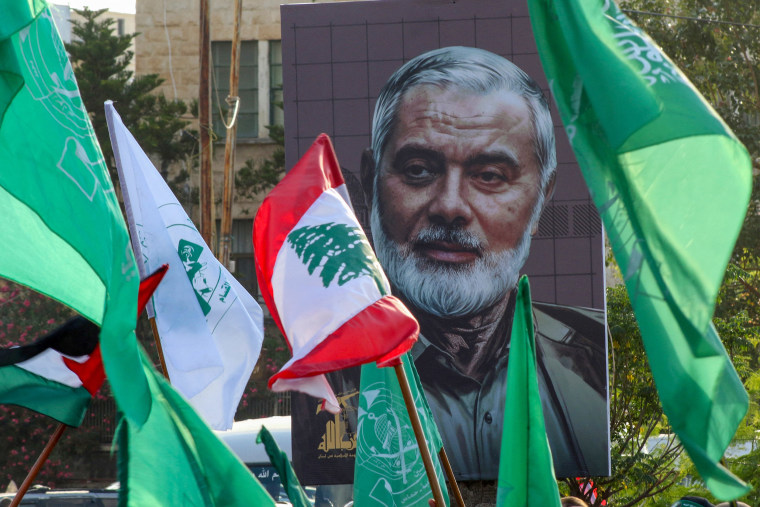
Diplomats have been working to avoid a larger regional war in the Middle East since the Oct. 7 attack. But the efforts have not stopped Hezbollah and the Houthis, two Iran-backed groups, from escalating attacks on Israel in what its groups describe as support for the Palestinian cause.
Meanwhile the death toll in Gaza continues to climb. After an Israeli airstrike hit two schools in Gaza City on Sunday, health officials in the enclave said at least 30 people had been killed. Israel’s military said it struck a Hamas military compound embedded in the schools.
It came after an Israeli airstrike hit a tent camp inside a hospital in central Gaza earlier in the day. Health officials said at least 44 Palestinians were killed.


